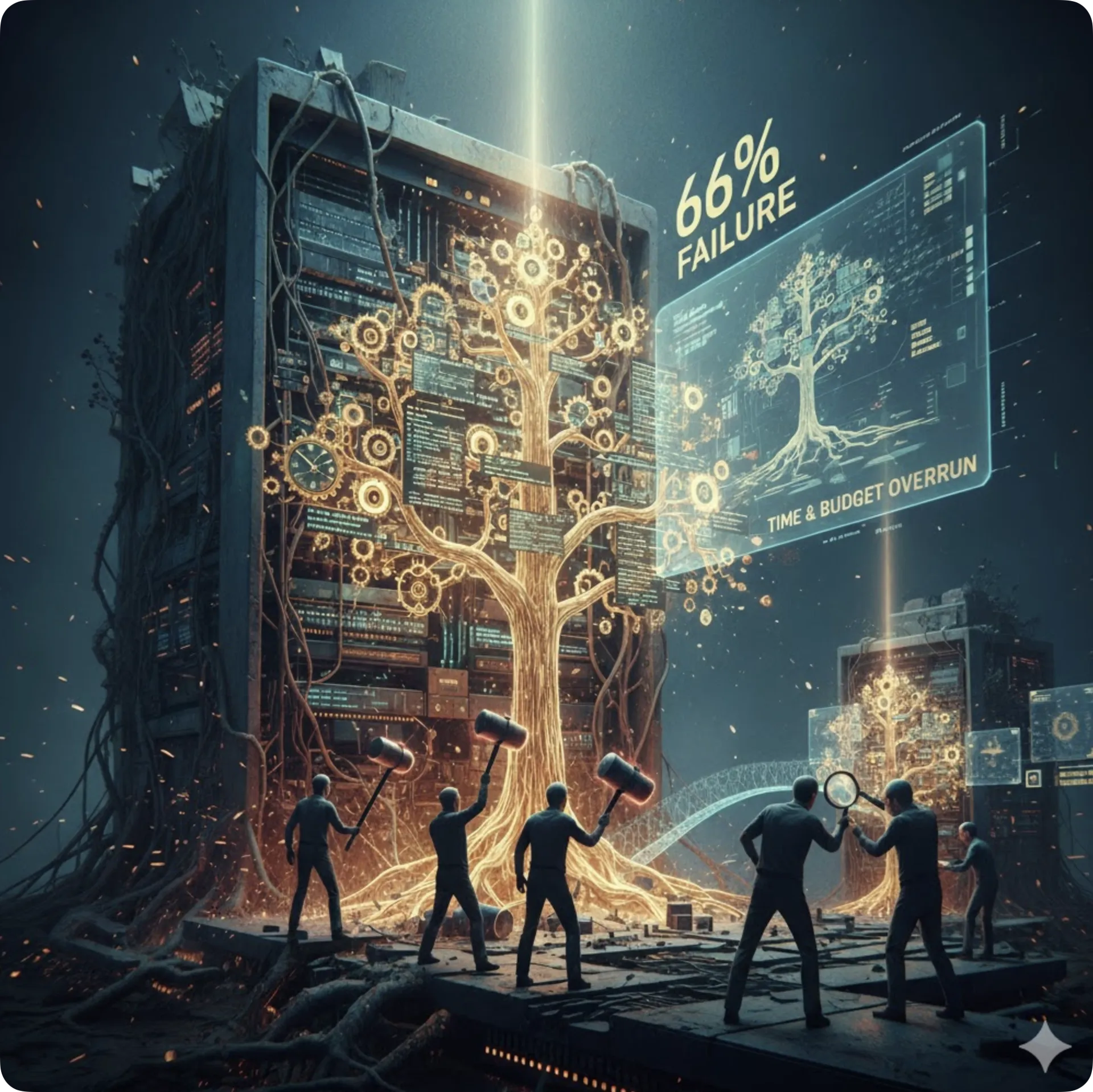When "Good Enough" Documentation Becomes A Million-Dollar Problem
Your documentation problem isn't as simple to fix as you think it is. Most organizations' software applications documentation are outdated, incomplete, or locked in the heads of developers who are about to retire. Unfortunately, GenAI by itself is not the solution. The Regulatory Wake-Up Call Her...





